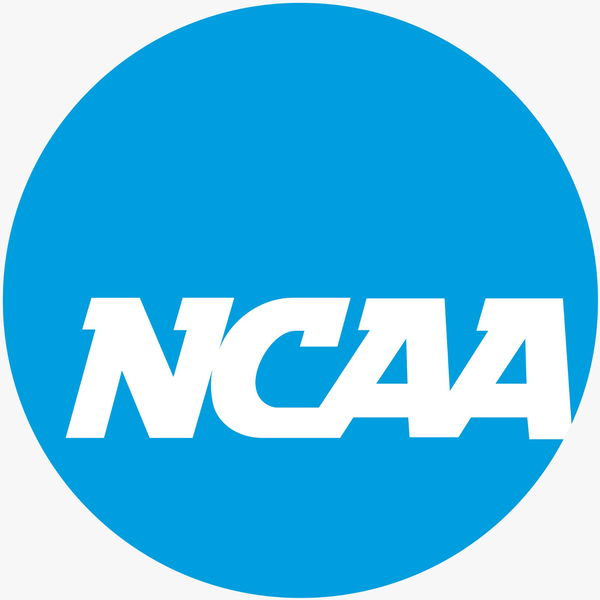
via Imago
Credit: Imago

via Imago
Credit: Imago
Earlier in May, the NCAA and Power Five conferences consisting of the SEC, ACC, Big 12, Big Ten, and Pac-12 came to a settlement agreement in the House v. NCAA case. The settlement pointed out that the parties have agreed to pay $2.7 billion in damages to former college student-athletes along with 22% of the average Power 5 school’s revenues. It would also enable Division I schools to pay their students directly with their NIL.
A twist, however, occurred on Thursday when US District Judge Claudia Wilken laid out her verdict. As per reports, Wilken will not grant preliminary approval to the House settlement against the NCAA and the Power Five conferences.
Instead, she said they’ll get back in three weeks for a “prognosis” for the proposal. But the NCAA and college football have some dominant voices. The NCAA has taken a strong stance against Wilken’s request to amend language around third-party NIL with one school president saying, “It’s truly madness. There’s no reason to settle under these circumstances. Go to trial and take our chances on appeal.”
ADVERTISEMENT
Article continues below this ad
Yahoo Sports writer Ross Dellenger shared the news about the settlement jeopardy on X on September 6. He wrote, “The House settlement is in danger. In a hearing, NCAA counsel suggested it may be unwilling to change language that limits booster pay to athletes.”
The House settlement is in danger.
In a hearing, NCAA counsel suggested it may be unwilling to change language that limits booster pay to athletes.
A school president to @YahooSports: “There’s no reason to settle under these circumstances. Go to trial.”https://t.co/JOvDGOlVe8
— Ross Dellenger (@RossDellenger) September 6, 2024
ADVERTISEMENT
Article continues below this ad
Another of Dellenger’s tweets highlighted the NCAA’s response on Thursday night. It read, “The settlement agreement the NCAA and autonomy conferences submitted to the court was the product of hard-fought negotiations that would bring stability and sustainability to college sports… That continues to be our goal and the NCAA and autonomy conferences will carefully consider the court’s questions, which are not uncommon in the context of class action settlements.” But what did Wilken say that created this turbulence in the first place?
Judge Wilken is skeptical of the NCAA’s proposed deal
ADVERTISEMENT
Article continues below this ad
What’s your perspective on:
Does the NCAA's resistance to the settlement show they care more about money than athletes' well-being?
Have an interesting take?
In the 2 1⁄2-hour remote hearing, Wilken questioned a part of the settlement where school boosters are prohibited from paying students through endorsement deals. The judge ordered the parties to “go back to the drawing board” when talking about third-party pay to college athletes. She called the regulations “quite strict” and questioned if the college student-athletes could lose access to payments from their NIL collectives.
NCAA outside counsel Rakesh Kilaru told Wilken of the gravity of the circumstance, “Without it, I’m not sure there will be a settlement to submit.” According to the lead attorney for the plaintiffs Steve Berman, the statement from Wilken is “not totally unexpected.” But he also added, “We’ll try to negotiate something. I don’t think it’s all that hard… And it’s not in (the NCAA’s) interest to stick their heads in the sand and face the consequences of continued litigation.” With these being said, the House case is currently on hold, thickly clouded with suspense.
Have something to say?
Let the world know your perspective.


Debate
Does the NCAA's resistance to the settlement show they care more about money than athletes' well-being?